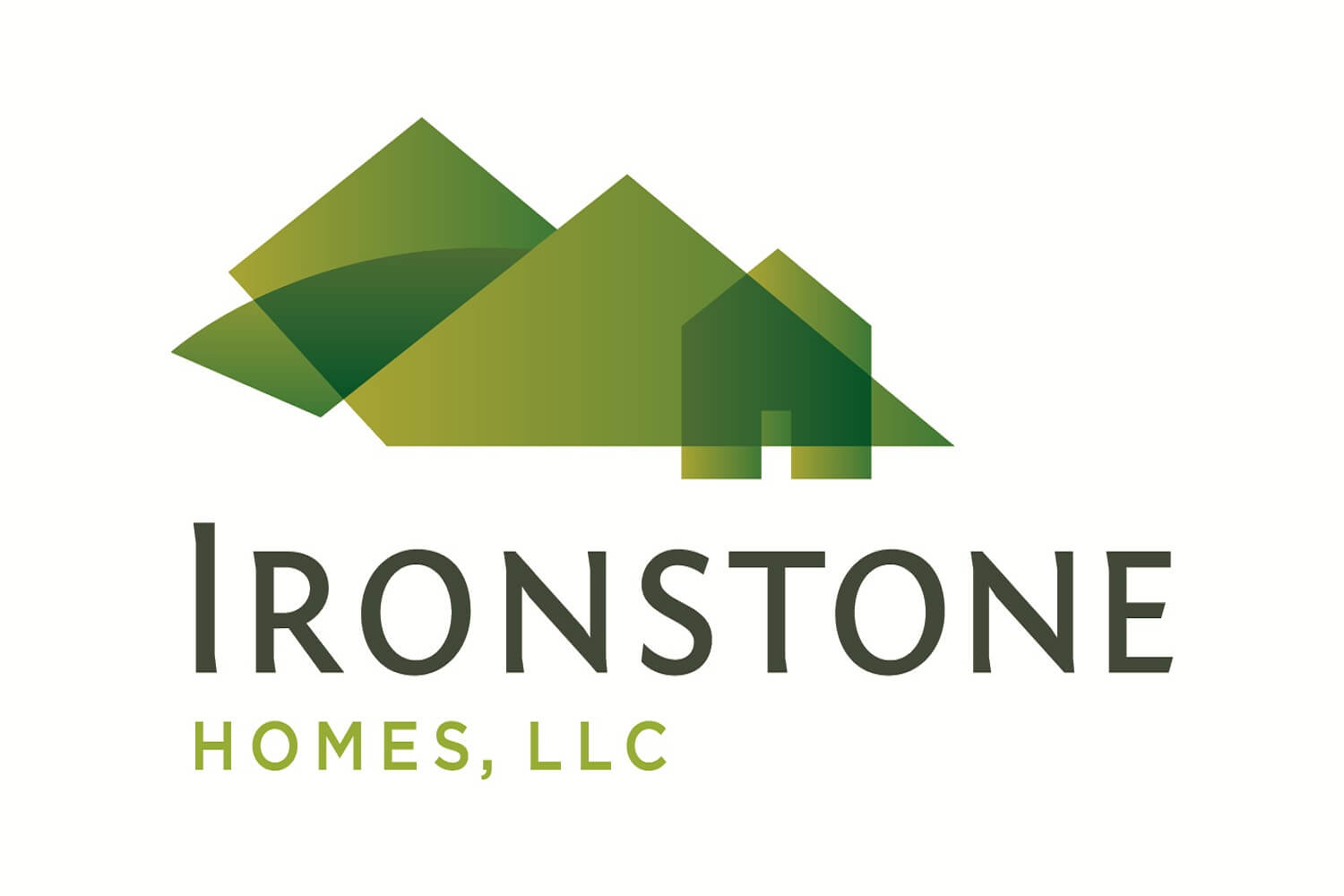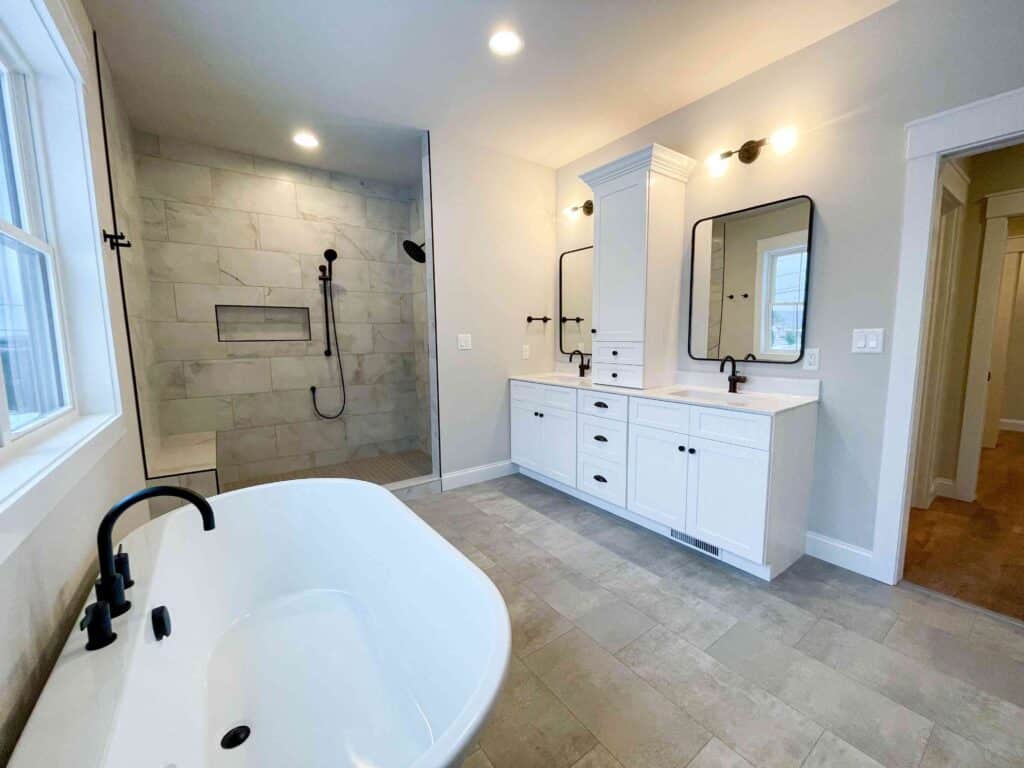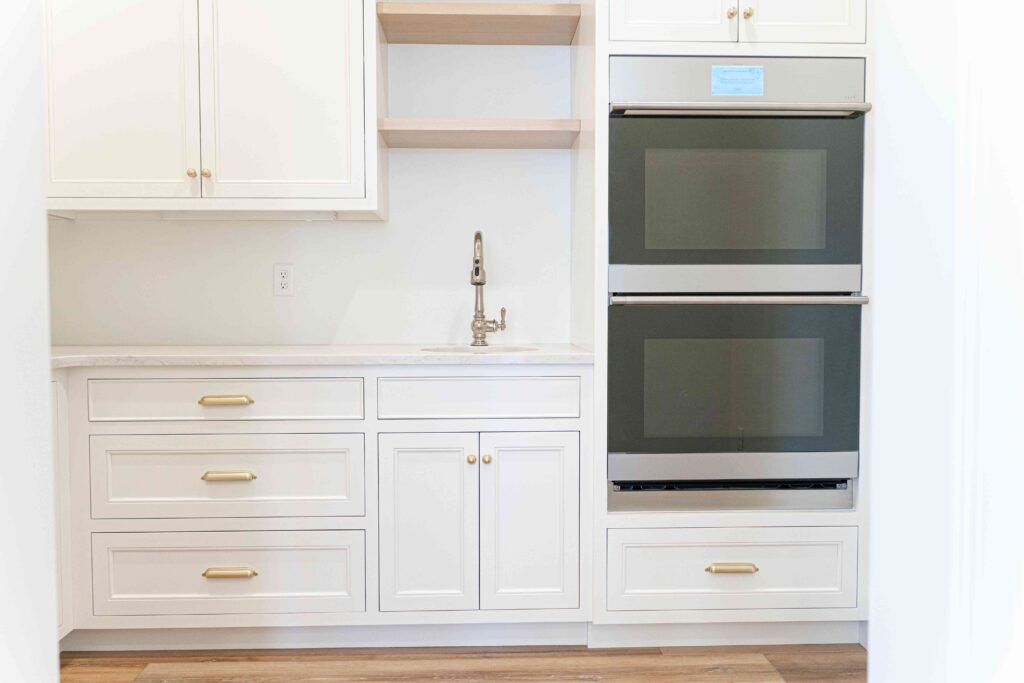Prospective clients often ask us how exactly people are finding available lots for building a home in the country these days. Truth be told, without family connections, inherited land, or old-fashioned persistence, it isn’t always easy. Vacant lots seem scarcer by the minute, especially here in Lancaster County.
However, with patience, resources, and local knowledge, building your dream country house in Lancaster is still very much possible.
Whether it’s a custom home in Lancaster or a rural retreat in Chester or Berks County, here’s the current situation and insider insights on building a country home in Southeast Pennsylvania.
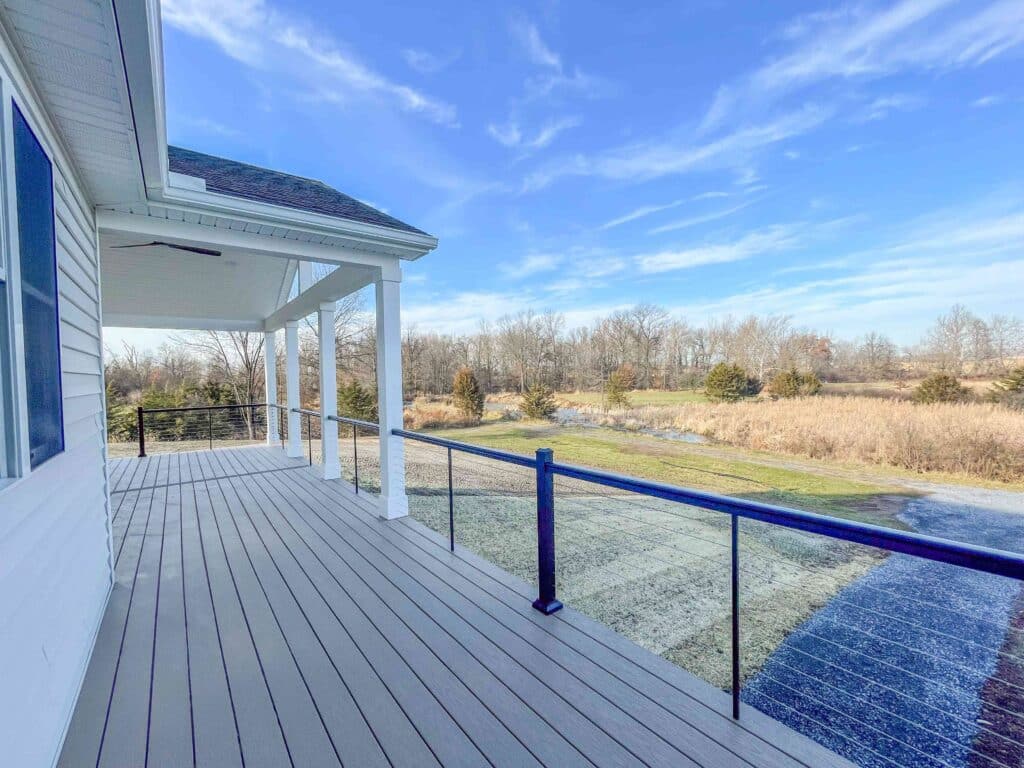
Why is Finding Land in Lancaster County Such a Challenge?
Building a home in a rural area can be a dream come true for many individuals and families. The peace and tranquility of the countryside, the opportunity to own a larger piece of land, and the chance to build a custom home that meets your specific needs and desires are just a few of the benefits of building in a rural area. However, building in a rural area, and these days, that’s often simply about finding space!
If you’re seeking land for your new home, you might feel like you’re searching for a needle in a haystack. In fact, Lancaster County’s population is expected to grow nearly 20% over the next two decades, putting even more pressure on already scarce land. A few main factors contribute to this challenge:
- Farmland Preservation: Lancaster County leads the nation, with over 115,000 acres permanently preserved, making these areas off-limits for single-family home development. There’s even a waiting list of about 250 farms hoping to join the preservation program.
- Zoning Restrictions: Some townships have increased the minimum lot sizes drastically, from 10 to as much as 50 acres per dwelling, making subdivision nearly impossible.
- Limited Availability: Many suitable properties, especially those sized 1 to 3 acres, have already been developed over the past two decades.
In other words, Lancaster County and nearby Chester and Berks counties are reaching a natural capacity for larger custom homes.
1. Farmland Preservation and Zoning
Lancaster County’s farmland preservation program isn’t just popular; it’s deeply ingrained into local culture.
Around one-fifth of the county’s land area is permanently off-limits to residential development. On top of that, zoning rules are designed to protect agricultural activity and restrict residential building in rural areas.
Additionally, some townships in Lancaster County employ Transfer of Development Rights (TDR) programs, where farm owners sell their property’s residential building rights to developers for use within designated urban growth areas. This innovative approach supports farmland preservation while still allowing managed residential growth.
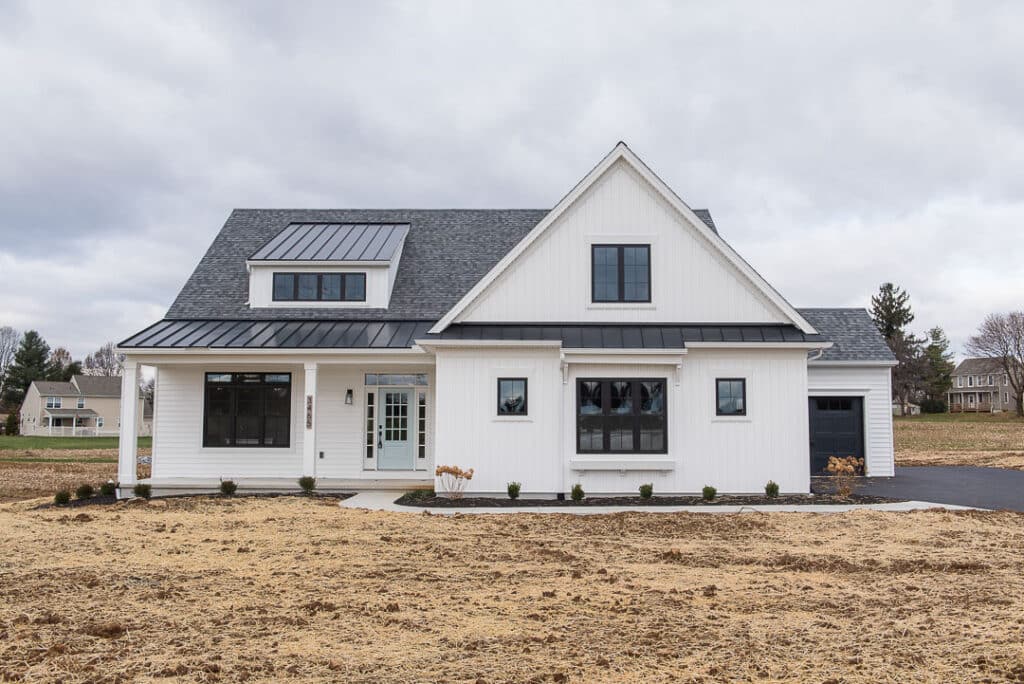
2. Infrastructure Realities in Lancaster’s Rural Areas
Building in rural areas also brings infrastructure-related hurdles. Unlike city living, where amenities like natural gas, public sewer, and municipal water systems are standard, rural Lancaster properties often depend on private wells, septic systems, and propane. Installing these private utilities requires additional space, careful soil testing, and suitable land conditions, adding to both complexity and cost of your custom home. Federal assistance programs, including loan guarantees, can help mitigate some of these infrastructure-related costs.
We’ve seen firsthand how Paradise Township recently debated extending public water services, but local residents resisted, concerned it would spur unwanted development. Situations like these illustrate the community’s strong desire to maintain the rural character, which indirectly limits new home-building opportunities.
3. Intense Competition for Limited Rural Properties
Given these realities, competition for rural land can be fierce. Nationally, 67% of home builders report shortages of available lots, a trend Lancaster homeowners know all too well. Desirable rural parcels are often quickly sold, with multiple buyers frequently competing, driving up costs and making quick purchasing decisions a necessity.
Creative Opportunities for Prospective Homeowners
Despite these challenges, there are still creative paths to achieve your home-building dream. Many prospective property consumers approach us with property they already own – often family farmland or previously purchased rural plots. At Ironstone Homes, we’re experts at converting these parcels into stunning, custom-built homes.
Another smart tactic we recommend is exploring “infill” properties near urban growth areas (UGAs) identified by Lancaster County’s comprehensive plan, “Places2040.” For prospective properties consumers, building closer to these designated growth zones provides better access to utilities, hospitals, neighbors, schools, and roads, combining practical convenience with a tranquil rural atmosphere.
What About Clean and Green Tax Benefits?
One local advantage worth considering is Pennsylvania’s Clean and Green program, which allows eligible rural property owners to significantly lower their property taxes by preserving their land for agricultural use or open space. This program can substantially reduce your long-term property cost, making rural living even more appealing.
Considerations Before Building a Custom House
Before you break ground, consider these essentials:
- Zoning Compliance: Verify that your preferred location complies with local zoning.
- Infrastructure Costs: Confirm the availability and costs associated with utilities.
- Budgeting: Determine your building budget accurately to avoid financial surprises.
- Acreage Needs: Typically, comfortable rural living in Lancaster requires 1 to 5 acres, depending on your preferences and intended land use.
- Building vs. Buying: Is buying an existing home cheaper than building? Not necessarily. While existing homes might initially seem more affordable, hidden renovation costs can quickly add up. Custom homes, however, provide superior long-term benefits like energy efficiency, personalized designs, new fixtures, and modern conveniences tailored precisely to your needs.
Why Central and Southeast PA Homeowners Choose Ironstone Homes
Looking for a custom home builder with a track record? At Ironstone Homes, we’ve spent decades helping homeowners overcome land availability and infrastructure challenges.
Our comprehensive approach includes detailed guidance through every phase, exceptional craftsmanship, and dedicated personal commitment, making your home-building process smooth and rewarding.
If your dream is building a home in or near Lancaster County, we’re ready to assist. Contact Ironstone Homes today to explore available land, request information, and start the exciting process of constructing a beautiful country home you’ll cherish for generations.
